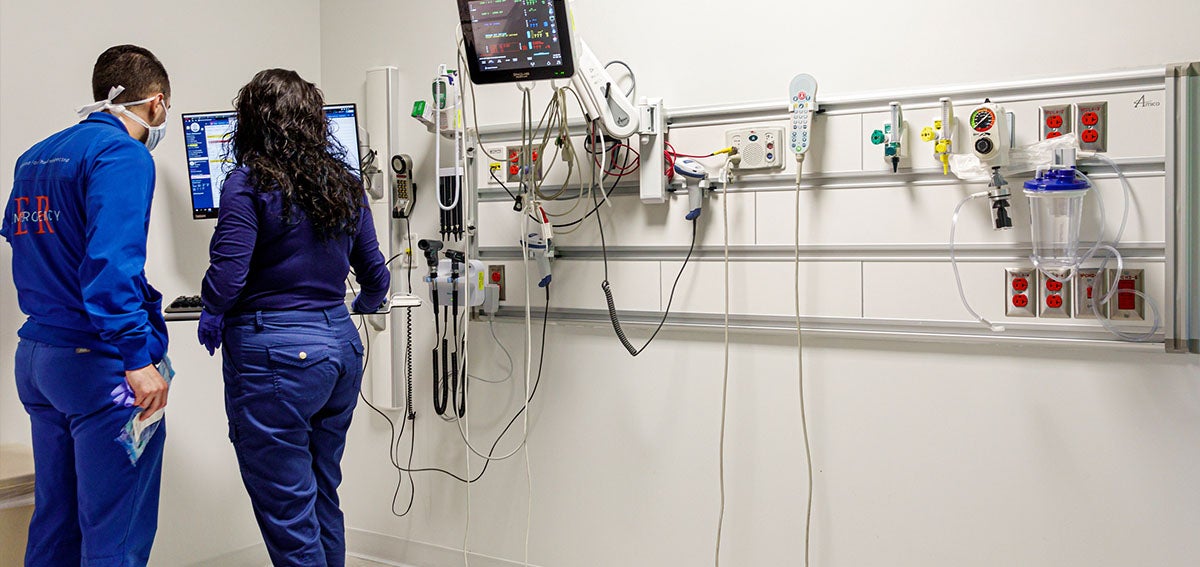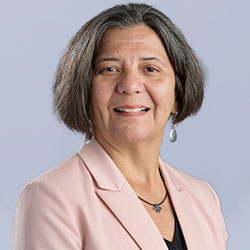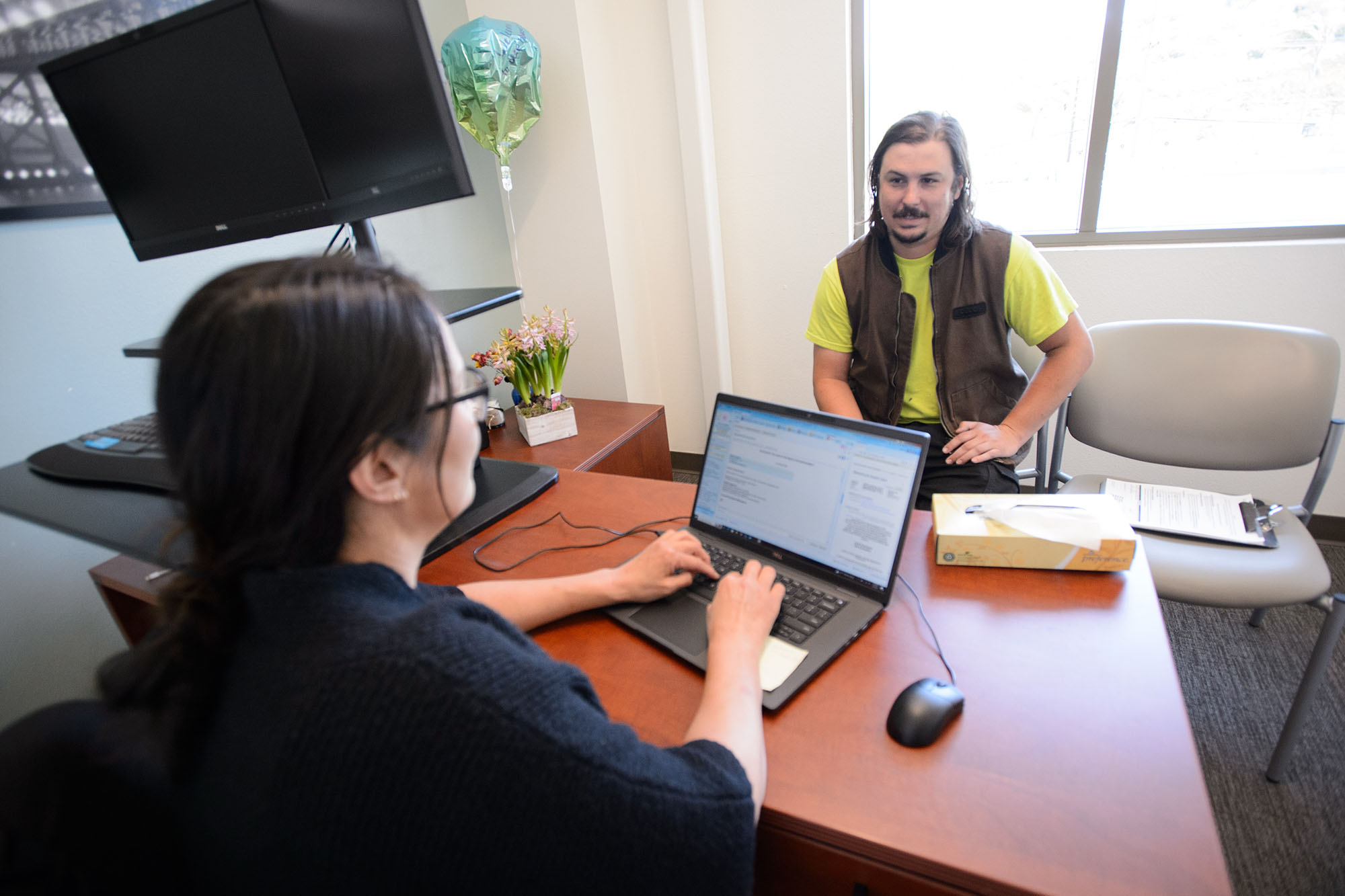
Early in the epidemic, I knew we had a problem. As the public health officer for San Francisco, I saw desperately sick people flooding health clinics daily. Doctors treated patients with the information they had but were flying blind: Paper files on existing health conditions were scattered across the state. It led to thousands of unnecessary tests, harmful delays in care, and avoidable suffering.
That was in the 1980s, amid San Francisco’s AIDS epidemic. Today, I see many of the same obstacles. Critical gaps in data are hampering everything from our response to the COVID-19 pandemic to our ability to rapidly support Californians in the path of wildfires and other natural disasters. It is slowing progress on addressing mental illness, substance use, and homelessness, and it’s making it harder to achieve health equity across the state.
California has long been a leader in transforming health care, expanding coverage, and improving access to care and social services for its residents. But to be successful, all of these initiatives require a reliable, secure, trusted system of data exchange so patients and providers can access the health information they need, wherever they are and whenever they need it.
We’re not there yet. Despite improvements to California’s health care system, most patient medical information in the state is still spread out over hundreds of electronic health record systems, with some still on paper. Islands of public health, social service, and medical information remain locked in silos. Too often, health workers can’t share information needed to ensure better care.
After data system gaps stymied contact tracing and testing efforts early in the COVID pandemic, the legislature passed AB 133, signed by Governor Gavin Newsom, which committed California to building a first-of-its-kind statewide policy for “health information exchange.” By July 1, the state is required to work with stakeholders — including hospitals, health plans, provider groups, and consumer advocates, among many others — to adopt a “single data sharing framework” that will govern the exchange of health information among health care entities and government agencies.
Put statewide data sharing in the hands of an independent, accountable, and transparent oversight board.
This major undertaking is foundational for integrating our painfully siloed medical care, behavioral health, and social services systems — and for the California Advancing and Innovating Medi-Cal initiative, the state’s effort to transform Medi-Cal.
By improving data flows between providers, plans, and hospitals — and giving patients access to their medical records — this new system will allow for more timely, targeted care in a crisis and on every other day. It will impact how well California can respond to major challenges, from homelessness to the rising cost of health care.
For the past year, the Newsom administration has been working with a stakeholder advisory group (full disclosure: I am a member) to develop guiding principles for linking disparate networks and filling critical gaps.
Last week, stakeholders began reviewing a first draft of the data exchange framework, which will establish the “rules of the road,” defining what information providers and social service organizations share with each other, how they share it, and how they ensure it is secure.
Beginning in 2024, all of the state’s health plans, hospitals, physician organizations, and clinical laboratories will be required to participate in this new data exchange — a major step toward improving care coordination of complex conditions, while giving patients access to real-time treatment, payment, and health care operations information.
For all of this to work, though, Californians must trust that their health information can be shared safely and securely — and see how data sharing improves their health.
So what can Sacramento policymakers do to help build that trust? Put statewide data sharing in the hands of an independent, accountable, and transparent oversight board. Such a board will need to be created by statute. The board would need to be big enough to be representative and small enough to be nimble with clear, defined decisionmaking authority. It would also need rigorous conflict-of-interest rules, a process for open public meetings, and opportunities for Californians to maintain a voice as the system evolves.
With nearly every state expected to have an increase in COVID-related deaths in the coming weeks, including California, now more than ever it is essential to get this health information exchange right. Unless we act decisively, the next health emergency will leave us exactly where we have been for the past 30 years — with far too many slipping through the cracks of a decentralized, disconnected system for medical care, behavioral health, substance use, and social services.
The moment has come. It is time to adopt the lessons we’ve learned — and put in place the data exchange infrastructure we need to support equitable health outcomes.
This article was first published by the San Francisco Chronicle on May 22, 2022, and is reprinted by permission. Copyright © 2022. Hearst Newspapers. All rights reserved. Used under license.
Authors & Contributors




